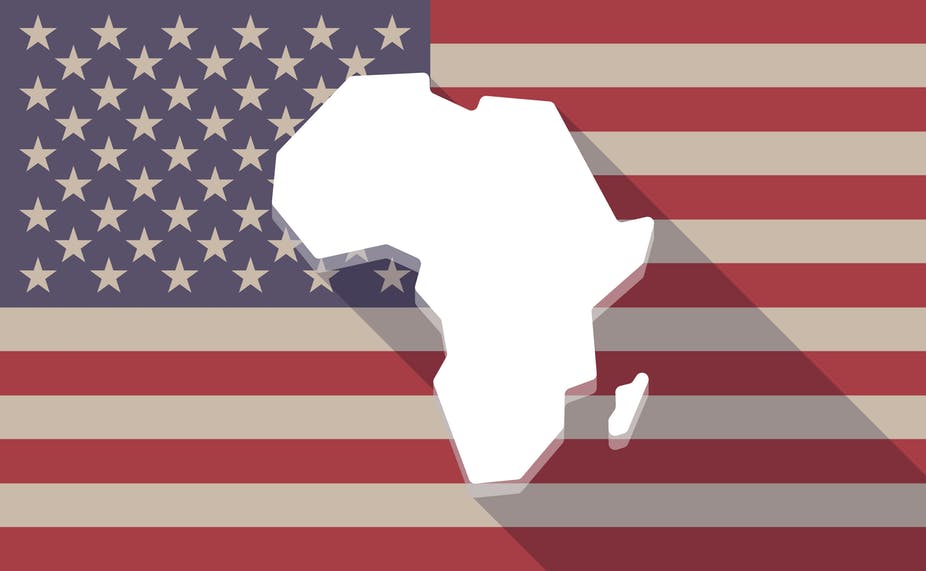There is a stark contrast between US and China when it comes to their approach to Africa. According to political commentators, while China’s footprint in Africa is growing phenomenally, US seems to be halfhearted in its approach to Africa.
The US’s Africa policy, it is widely held, is apathetic, to say the least. Since assuming office some 16 months ago, President Trump’s interfaces with African heads of states were mainly confined to shaking hands and that too in the sidelines of United Nations General Assembly and G-7 and G-20 summits. Former Secretary of State Rex Tillerson’s initiative was short lived. During his visit, before being exited from the post, he met with African Union Chairperson Moussa Faki and a number of African ministers in Washington in 2017. With his exit, immediately after the African visit, the situation is at standstill. The new incumbent Mike Pompeo has yet to show interests in continuing with the breaking the new ground initiative of Rex.
During Obama and Bush administrations, Africa received some policy attention. The State Department is left with only such policies developed during the earlier regimes, leaving a huge vacuum in Africa centric policy. It is still to be watched how Pompeo will play out his Africa strategy. Any sincere efforts to build bridges with Africa will help US administration’s image in Africa and to a great extent stem the growing importance and role of China in the continent. Of late, Russia, Japan and EU are chalking out plans to position themselves in Africa. Is the US hands-off policy part of its well thought out policy or a convenient neglect of an administration straddled with many vexatious issues?
Johnnie Carson, former US Assistant Secretary of State in charge of Africa has underscored a few key areas that the US should focus to revamp its Africa relation and to put it in a more positive note. Foremost is appointing a new Assistant Secretary of State for African Affairs. A new Senate – confirmed Assistant Secretary will boost the policy making, strengthen the interface and will send signals about US priorities in Africa. Equally important is filling the ambassadorial vacancies. Ambassadorial posts even in some key African countries have not been filled including South Africa and Tanzania. Envoy’s posts are vacant in countries like Democratic Republic of Congo, South Sudan etc which are troubled zones. Appointment of special envoys will help resolving some of the complex issues.
With the burgeoning proximity to China , Africa seems to be distancing from US.
Without re- energizing its Africa -centric policies ,High level political visits to revive political and economic dialogue, US will fall behind. Countries like China, Brazil and Turkey have evolved specific programs to participate in the development programs of Africa, particularly in commerce, agriculture, skill development, development of small and mid – sized companies etc. Yet, the US is missing in the game.





